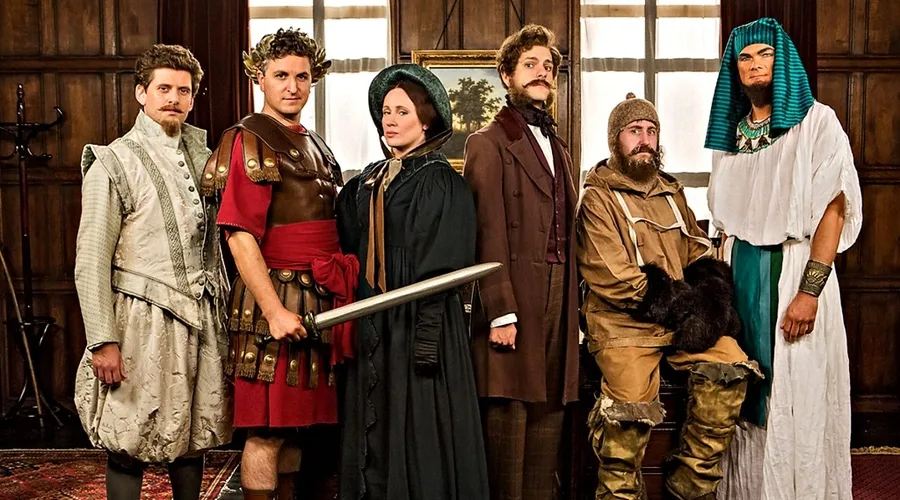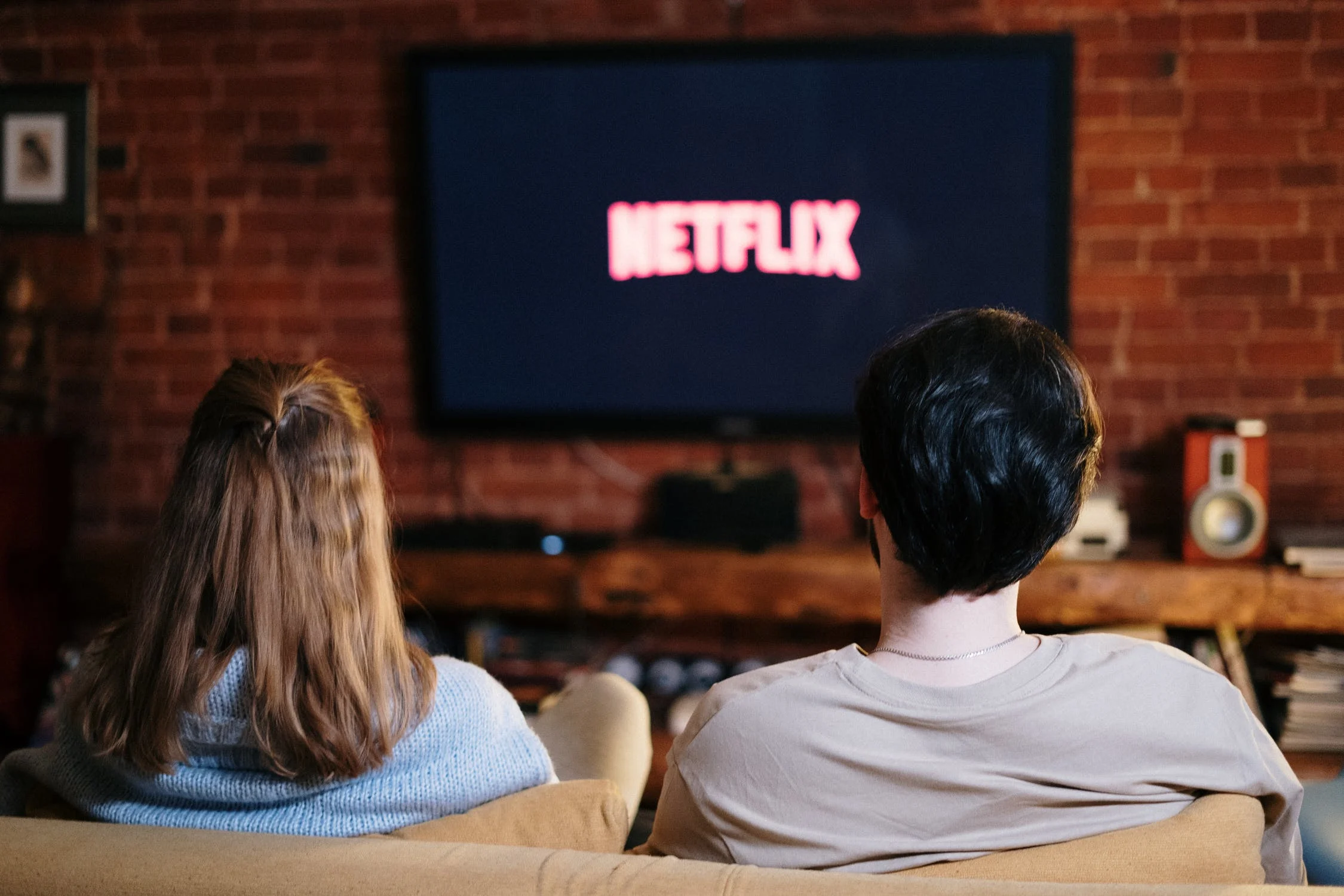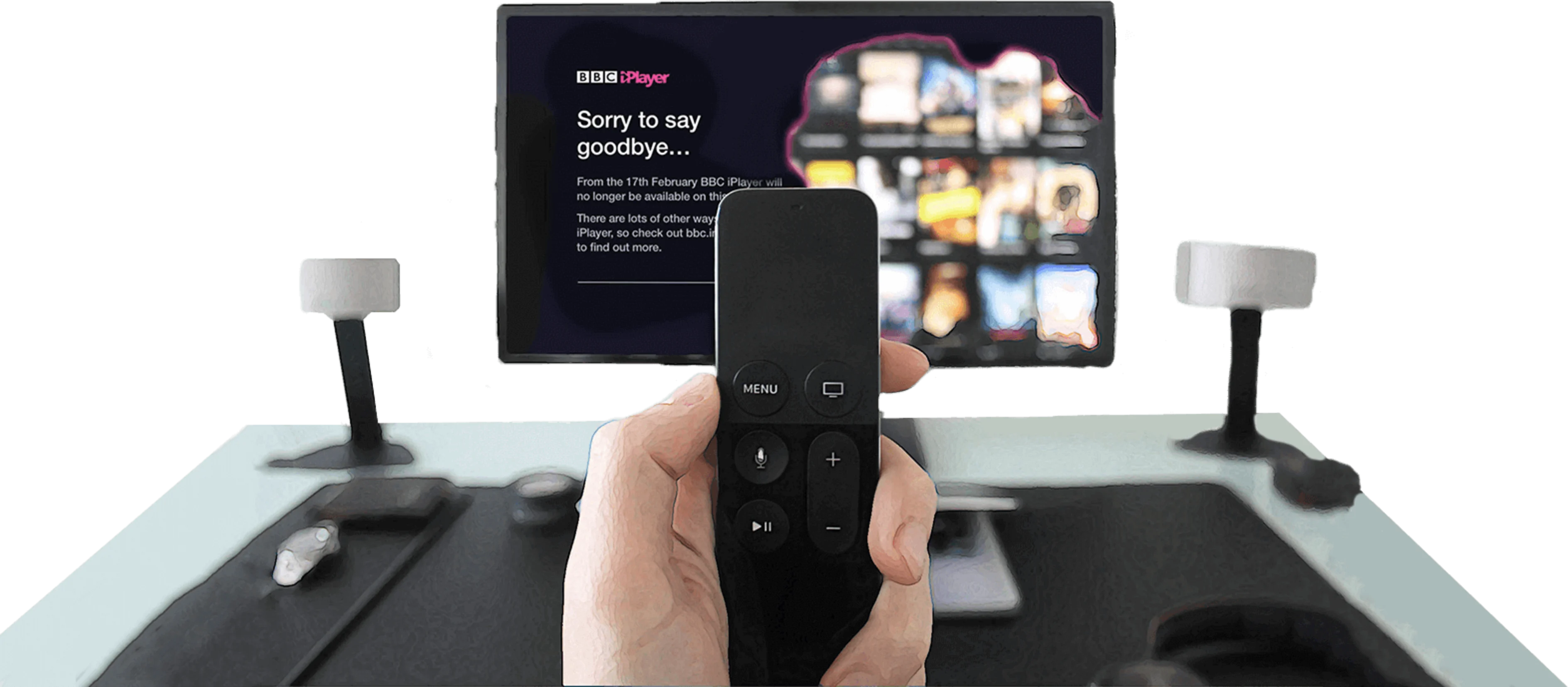Let me set the scene: it’s 2010, I’ve just finished a difficult day of learning at primary school. I leave school, swinging my rucksack over my back as I go, ignoring my classmates as I rush across the playground. I run down the street to my house and tear through the front door, flinging my shoes and bag in the porch. I grab a chocolate bar, turn on the TV and jump on the sofa. Horrible Histories is on CBBC, and I cannot miss it.
This scene will perhaps be familiar to others of my age: rushing home to watch after school CBBC before tea time. However, it seems that this is not the case for pre-teen children today. With streaming services and smart devices in high supply, kids are watching TV in a completely different way than my own generation did. Nothing proves this more than the BBC’s recent announcement that CBBC will be taken off the air in three years time. In May, the BBC’s Director-General stated that the organisation is moving to a ‘digital first’ approach to meet the growing demand for streaming TV rather than watching it on a televised channel. This move also helps the BBC meet a £285 million budget cut. To summarise: after this three year period, CBBC will continue to be available on BBC iPlayer, but it will not be available to watch on your average terrestrial television.

It doesn’t seem to be the case that CBBC is not appreciated by its current target audience. In fact, CBBC proved itself valuable in the midst of the first COVID-19 lockdown, when many parents faced the brave new world of homeschooling their children. By showing BBC Bitesize every morning during the lockdown as well as their usual schedule of entertaining and educational content, CBBC provided help and support to children and parents alike. An Ofcom report in November of last year indicated a distinct appreciation for the BBC during the pandemic and attests that CBBC proved its great value for children during this period. So, what is the thinking behind this move online?
Deja Vu?
The ethos behind moving CBBC exclusively online, as outlined in their ‘digital first’ approach, is that they will be in a better position to appeal to the attention of their young audience. And I’m inclined to agree with them. Kids these days are digitally literate to a somewhat terrifying level and using technology is a matter of intuition for those who grow up tapping on their parent’s smartphones or iPads.
Meanwhile, the past 10 years has seen the rise of Netflix, Amazon Prime, and other streaming services which have transformed the way we watch television. No longer do we have to wait for our favourite show to be aired live on TV, nor do we have to schedule it to record on the Sky+ Box. Want to watch Peppa Pig on repeat? No problem. Grab Mum’s iPad and you can queue up 10 episodes. The BBC’s programming choices reflect this trend. However, this is not the first time the BBC has moved a televised channel exclusively online.
Back in 2014 it was announced the BBC Three would be taken off the air and moved exclusively to iPlayer. The rationale behind this move was, again, budget cutting. For BBC Three, it was thought that moving online would allow the channel to better access its target audience of 16-34 year-olds who were increasingly ‘watching in their bedrooms and watching on tablet devices’. However, in March of 2021, it was announced that BBC Three would be ‘back on TV’ after being responsible for some of the most popular BBC shows of the previous 5 years, including Fleabag, Normal People, and Killing Eve.
The decision to move BBC Three back on TV was backed by research that showed there was still a market of young people who tuned in the old fashioned way, i.e. on a terrestrial TV channel, and thus BBC Three was born again. However, this begs the question, will the same thing happen to CBBC? Logically, the online move makes total sense and when we look at the way children are watching TV today, it seems like CBBC might move online and stay there. However, on a personal (and very nostalgic) level, I really hope CBBC returns to live TV.
Nostalgia
When researching this article, I asked my parents about their memories of kids TV when they were growing up. During the 1970s, kids TV was restricted to brief segments of a few hours at lunchtime, after school, and Saturday mornings; kids simply had to watch whatever was on. Today, we know the opposite is true and rather than monopolising the attention of children as they once did, the BBC now has to compete with a plethora of other options.
My parents talked with great nostalgia and fondness about the programmes they watched as a child, and when I think about my experience of kids TV, a similar nostalgia takes over. Horrible Histories; The Story of Tracy Beaker; Dick and Dom in ‘da Bungalow; Prank Patrol, to name but a few, were all CBBC shows (now largely discontinued) of which I have very fond memories. I don’t deny that this sense of nostalgia has influenced my opinion on the recent CBBC story. CBBC coming off the air feels like the end of an era for my generation but it’s impossible to deny that we are turning away from TV channels and towards streaming services.

With this vast choice, it makes sense that not all children are watching CBBC. It seems that kids don’t race home to catch their favourite show anymore. And why would they? When they can watch it on demand any time, the need for a terrestrial channel goes out the window. I myself can’t remember the last time I turned on the TV and tuned into a channel, except at my parent’s house. The majority of us stream our television now, for the convenience and vast choice it provides, which seems to be leading fewer and fewer of us to spend our money on a TV licence in order to watch the BBC.
To Stream or not to Stream?
On the national scale, TV licence purchasing is declining. According to the TV Licensing website, there were 25,396,530 TV licences in operation in April 2020. This declined to 24,837,360 licences in operation in March 2021. Considering that the numbers of households in the UK has been steadily rising in this time, fewer and fewer households are spending money on TV licences. Is this the effect of people choosing streaming services over the BBC? It seems likely.
Furthermore, it seems that this divide between those who have a TV licence and those who don’t is a generational one. Out of curiosity, I posted a poll on my personal Instagram story asking those of my friends who do not live with their parents if they have a TV licence. Out of the 58 people, 64% said they did not have a TV licence, with the other 36% saying that they did. Taking into account that almost all of my Instagram followers fall between 18 and 35 years old, this very basic survey suggests that young people who do not hold TV licences outnumber those that do.
In the new world of vast streaming choice, it seems that the BBC is not the first choice for young people, even if they did grow up watching the CBBC channel. The choice on offer is vast, and the BBC can often feel outdated and unappealing in this huge field of streaming options; the BBC is at risk of getting lost in the background for young people in the UK today.
However, it cannot be said that the BBC is not thinking about its broadcasting choices. The move to put CBBC online, as much as it upsets 10 year-old me, is a wise choice, it moves television for children into a sphere which many of them are already familiar with and can easily access. It remains to be seen, however, whether CBBC will get the levels of engagement they are aiming for when they move online. It’s not as simple as it was in the 1970s and the fight to make popular content has never been more intense.
Written by
Lydia HousleyMuseums and heritage professional interested in all things history, culture, and society. Loves reading, baking, and dancing.
Weekly emails
Get more from Lydia
The Fledger was born out of a deep-seated belief in the power of young voices. Get relevant views on topics you care about direct to your inbox each week.
Write at The Fledger
Disagree with Lydia?
Have an article in mind? The Fledger is open to voices from all backgrounds. Get in touch and give your words flight.
Write the Contrast

